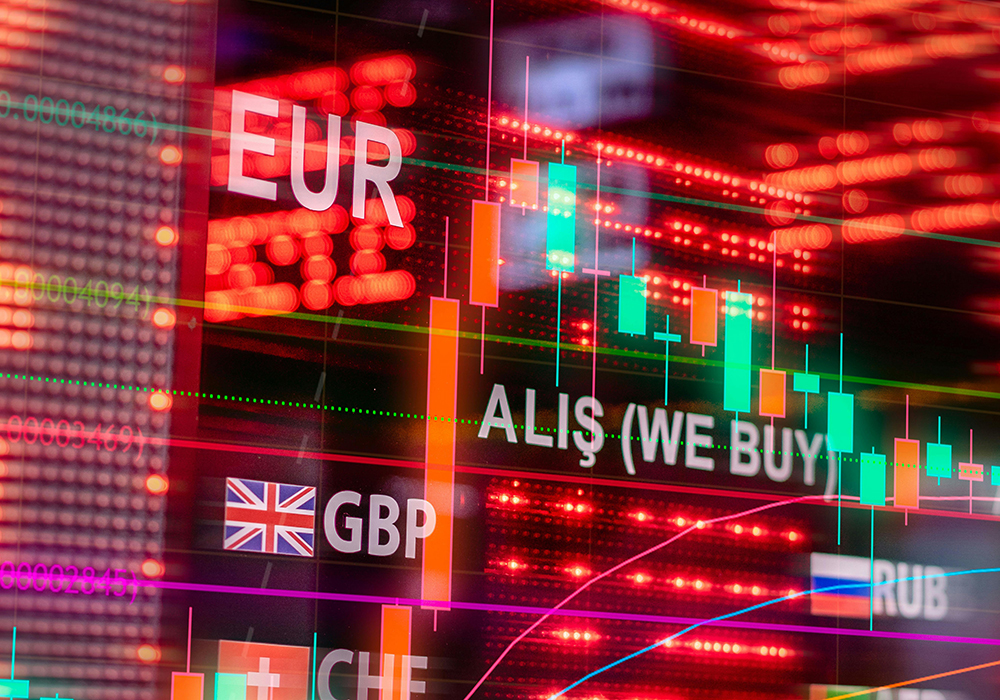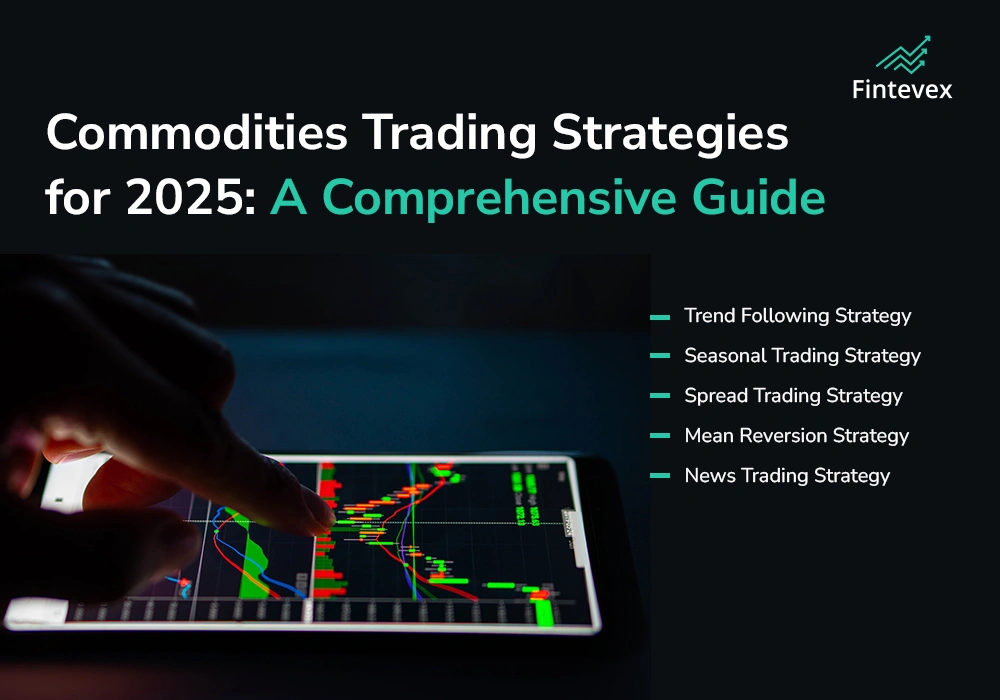Foreign exchange, or forex and FX trading, is one of the most common forms of trading on the globe. Forex trading is merely swapping one unit of currency for another, and with over $6 trillion in daily average trading volume, the Forex market is truly the biggest and most liquid marketplace on earth. As compared to other markets, the Forex market is open for trading 24 hours a day, five days a week, which is an attractive choice for traders wishing to capitalize on fluctuations in currency prices.
If you’re interested in Forex trading, it is essential to understand the basics and develop a strategy that is applicable to your budget and risk tolerance. This guide will walk you through Forex trading, provide hints for success, and define some frequent mistakes to avoid.

What is Forex Trading?
Forex trading involves buying one currency and selling another simultaneously. Currency pairs like EUR/USD (Euro/US Dollar), GBP/USD (British Pound/US Dollar), and USD/JPY (US Dollar/Japanese Yen) are the most widely traded in the market. The aim is to earn profit from the movement of the prices of these currency pairs.
For example, suppose that you believe the euro will strengthen against the dollar. You would then buy the EUR/USD pair. When the exchange rate moves in your favor, you can later sell the pair at a higher price to make a profit.
How Does Forex Trading Work?
Forex trading is usually performed by utilizing a broker or a bank, whereby you are provided with access to the currency pair that you want to trade in. These brokers provide trading platforms whereby you can make trades, monitor prices, and place orders.
How Forex trading actually works is quite simple:
Currency Pairs: Two currencies are always paired when trading in Forex. The “base currency” is the initial currency, and the “quote currency” is the secondary currency. The price of the pair is how much quote currency must be spent to purchase a unit of base currency.
Leverage: Leverage is applied to the most extent in Forex trading, where you can handle a larger position than your account. Leverage makes you gain more profit, but it also raises your loss. It is very important to apply leverage carefully.
Bid/Ask Prices: Ask price is the price you buy a currency pair at, and bid price is the price you sell it at. The “spread” is the difference between the two, and it represents the commission charged by the broker.
Important Words in Forex Trading:
In order to be able to trade in Forex successfully, you need to know the following words:
- Pips: The slightest price movement in Forex is termed a “pip.” Most currency pairs move only by 0.0001, one pip. Example: If the EUR/USD moves from 1.1000 to 1.1050, then it has moved 50 pips.
- Lot Size: A “lot” refers to the amount of a transaction. On Forex, a normal lot is 100,000 units of base currency. Mini-lots (10,000 units) and micro-lots (1,000 units) are also available.
- Margin: The margin is the funds it costs to obtain a position on Forex. It is a percentage of the true trade value and is used for trading on margin.
- Stop-Loss: A stop-loss order is to close a trade at a predetermined price in an effort to limit potential losses.
Successful Tips for Forex Trading:
Forex trading can be highly profitable, but it is not risk-free. The following are some of the most important tips to help you succeed in the Forex market:
Start with a Demo Account: Before investing real money, open a demo account with your broker. A demo account allows you to practice trading in a risk-free setting where you can get familiar with the platform and test methodologies without risking capital.
Teach Yourself: Forex trading is not a get-rich-quick scheme. It involves deep knowledge of market analysis, economic conditions, and trading procedures. Invest time learning technical and fundamental analysis, as well as risk management techniques.
Create a Trading Plan: A good trading plan defines your objectives, risk tolerance, and entry and exit techniques. Adhere to your plan and refrain from making emotional or market-noise-driven decisions.
Manage Appropriately: Never risk more than you can afford to lose on a trade. Utilize stop-loss orders and set the risk amount for each trade. It is advisable to risk no more than 1-2% of your trading capital per trade.
Be Patient and Disciplined: Trading in Forex requires discipline. Stop following the market and over-trading. Stick to your approach and wait patiently for the optimum trading opportunity to arise.
Monitor Economic Events: Prices on Forex are impacted by economic occurrences, such as interest rate judgments, GDP news, and global events. Make sure to remain informed of current economic events as well as the announcements from the central bank likely to impact exchange prices.
Use Leverage Judiciously: Leverage is a double-edged sword; it can boost profits as much as losses. Though it raises the chances of greater returns, it also subjects your whole capital to loss. Use leverage judiciously, especially if you are new to Forex trading.
Diversify Your Trades: Never put all your money in one trade or currency pair. Diversifying your trades disperses risk and keeps you from being overly exposed to the fluctuation of one market.

Common Mistakes to Avoid in Forex Trading:
Even experienced traders make mistakes, but by understanding common mistakes, you can avoid them and have a better chance of succeeding:
Overleveraging: Excessive use of leverage in trading may lead to tremendous losses if the market turns against you. Keep your leverage at a level that suits your risk appetite.
Ignoring Risk Management: Not using stop-loss orders or excessive market exposure without a good exit plan can lead to tremendous losses.
Chasing the Market: Making trades for emotional or intuitive reasons rather than good analysis may result in poor decisions and unmerited losses.
Failing to Adapt: The Forex market is constantly changing. Failure to adapt to changes in the market or employing aged strategies can stunt your success.
Conclusion:
Forex trading can be highly rewarding for the disciplined and prepared trader. With a basic understanding, proper risk management, and constant education, you can optimize your potential for success in the Forex market. Lacking guarantees in trading, having a well-researched plan with patience and perseverance can render you a successful Forex trader.
Keep in mind that Forex trading is not a place but a process. Keep on learning, refining your strategies, and adapting to the ever-changing market conditions. With time and experience, you can become a master of the skills required for success in the fascinating world of Forex.

















